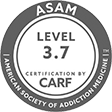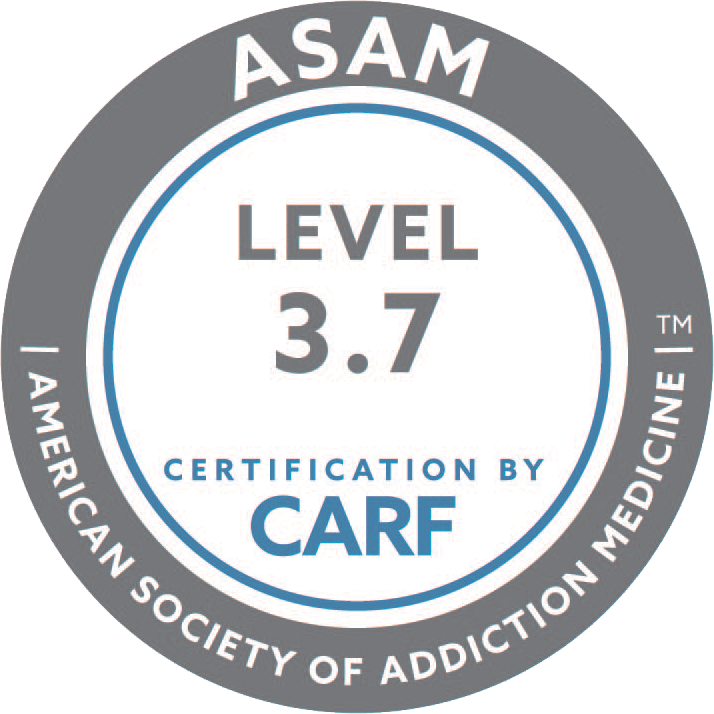Welcome to our guide on managing relationships in recovery. Recovery is a journey that can be challenging but also incredibly rewarding. One of the key aspects of maintaining sobriety is managing your relationships with others. Whether it’s with family, friends, or romantic partners, healthy relationships are crucial for your well-being and long-term recovery.
In this article, we will explore the importance of managing relationships in recovery and provide practical tips on how to navigate these relationships while maintaining your sobriety. We will also discuss how having a strong support system can aid in your recovery journey.
So if you’re ready to learn more about managing relationships in recovery and how it can contribute to your overall well-being, keep reading!
Drug addiction can be a difficult and challenging journey, not just for the individual struggling with it, but also for their loved ones. It can take a toll on relationships, causing strain and tension. Seeking help for addiction is the first step towards recovery, but it’s important to understand how to manage relationships during this process.
There are different types of treatment available for drug addiction, and it’s important to research and find the best option for your specific needs and circumstances.
Inpatient rehab: This involves staying at a treatment facility for a designated period of time, typically 30 days or more. This type of treatment provides a structured and supportive environment, with 24/7 care and supervision. It allows individuals to focus solely on their recovery without distractions from the outside world.
Outpatient rehab: This option allows individuals to attend treatment sessions while still living at home. It offers more flexibility compared to inpatient rehab, as individuals can continue with their daily responsibilities such as work or school. However, it may not be suitable for those with severe addiction or those who need a more structured environment.
Detox programs: These programs help individuals safely withdraw from drugs or alcohol under medical supervision. This is an important step in the recovery process as withdrawal symptoms can be dangerous and even life-threatening. Detox programs can be done on an inpatient or outpatient basis.
Therapy and support groups: These offer ongoing support and guidance for maintaining sobriety after completing treatment. Therapy sessions can help individuals address underlying issues that may have contributed to their addiction, while support groups provide a sense of community and accountability.
It’s important to remember that there is no one-size-fits-all approach to treating drug addiction. It’s crucial to find the best treatment option that suits your individual needs and circumstances. This may involve a combination of different types of treatment or a personalized treatment plan.
Recovery is a lifelong journey, and having a strong support system in place is crucial for maintaining sobriety. Surrounding yourself with positive influences and seeking support from loved ones can make all the difference. Remember to take care of yourself and your relationships during this process, and never be afraid to reach out for help when needed.
Inpatient vs. Outpatient Rehab
When deciding between inpatient and outpatient rehab, it’s important to consider factors such as the severity of the addiction, personal responsibilities, and support systems.
Inpatient rehab provides a more intensive level of care and removes individuals from potential triggers or negative influences. This type of treatment is often recommended for those with severe addictions or those who do not have a strong support system at home. Being in a controlled environment can also help individuals focus solely on their recovery without distractions.
On the other hand, outpatient rehab allows individuals to continue working or attending school while receiving treatment. This can be beneficial for those who have important personal responsibilities that cannot be put on hold. However, it’s important to have a strong support system in place as outpatient treatment may not provide the same level of monitoring and structure as inpatient rehab.
Detox Programs
Detox programs are an essential first step in the recovery process. They help individuals safely withdraw from drugs or alcohol and can also address any medical or psychological issues that may arise during detox.
A medically supervised detox is highly recommended to ensure a safe and comfortable withdrawal process. This type of detox involves having a medical professional oversee the process and provide any necessary medication or support to manage withdrawal symptoms. It also allows for monitoring of vital signs and addressing any potential medical complications.
In addition to physical safety, a medically supervised detox also offers psychological support. Many individuals may experience intense emotions during detox and having a trained professional available can help them cope with these feelings and prevent relapse.
It’s important to note that not all detox programs are the same. Some may offer a more holistic approach, incorporating therapies like yoga or mindfulness, while others may focus solely on medication-assisted detox. It’s important to research and find a detox program that aligns with your individual needs and preferences.
Therapy and Support Groups
Therapy and support groups provide ongoing support for maintaining sobriety after completing treatment. These resources are essential for individuals in recovery, as they can help address underlying issues that may have contributed to their addiction.
Therapy, whether individual or group, offers a safe and confidential space for individuals to explore their thoughts and feelings surrounding their addiction. A therapist can help individuals identify triggers and coping mechanisms, as well as provide tools for managing cravings and navigating difficult emotions.
Support groups, such as Alcoholics Anonymous or Narcotics Anonymous, offer a sense of community and understanding for those in recovery. These groups provide a non-judgmental space for individuals to share their experiences and receive support from others who have gone through similar struggles.
In addition to providing emotional support, therapy and support groups can also offer practical guidance for maintaining sobriety. This may include developing a relapse prevention plan or setting healthy boundaries in relationships.
Overall, therapy and support groups are crucial components of the recovery process. They provide ongoing support and resources for individuals to maintain their sobriety and continue on their journey towards a healthier and happier life.
Maintaining healthy relationships during recovery can be challenging, but with the right treatment and support systems in place, it is possible. Remember to prioritize your own well-being and communicate openly and honestly with your loved ones. With determination and a strong support system, you can maintain sobriety and rebuild your relationships.
Dr. Blair Steel is a licensed clinical psychologist working in the field for twelve years. She went to college in New York City before moving to Southern California and completing her graduate work. She has worked in various roles in treatment, including being a therapist, group facilitator, working in administration, and writing curriculum. Dr. Blair Steel is passionate about addiction and individual and family therapy and continues to love her work in both private practice and treatment centers.











